The project seeks to establish fast growing charcoal plantations surrounded by fruit orchards to reduce pressure for wood energy on the existing forests cover. This will improve food and income security within the low income communities of Northern Uganda and also preserve the environment.
Long Description
A whopping 82% of households in Uganda use biomass as the major source of fuel for cooking. Biomass also contributes to the economy in terms of income, taxes and employment. It employs about 20,000 people and generates about US $20 million per year, according to the Energy Policy of Uganda (2002), explaining the influx of charcoal producers. This demand for wood fuel coupled by the lack of income opportunities prevalent in the bottom of the pyramid communities within Northern Uganda has led to extreme deforestation activating the drastic impacts of climatic change. Soil depletion and a lack of rainfall are already reducing crop yields and any attempts to replenish the food and plantation cover have been met with unexpected dry spells and bush fires resulting into frustration and hopelessness. If this situation is not addressed these people living in ‘energy poverty’ will become even more vulnerable after natural disasters as their normal energy sources, such as firewood, animal dung or crop waste, become unavailable.
Intervention:
Low income communities will be organized into groups and supported to planting fast growing tree species which will serve as raw material for biomass fuel and fruit tress to address the issues of income and food security respectively. After 3 years the members can harvest the charcoal tree species, and process the wood into charcoal for income and the fruits to provide food for their families.
The project will contribute to about four sustainable development goals and will cause impact in the following areas;
- Social: 1000 direct jobs created, access to food and energy for 1000 households
- Economic: Monthly income for each of 1000 members increased by $ 43.4
- Environmental: Reduction in deforestation and ultimately reduced carbon emissions

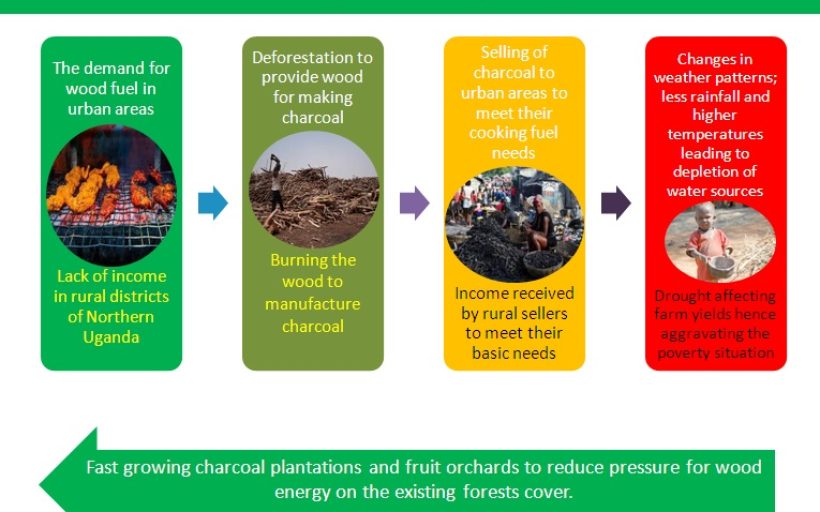
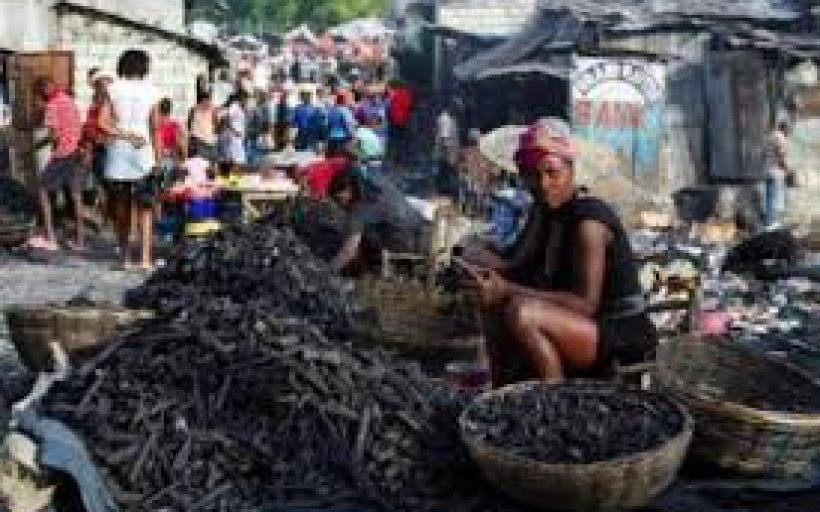
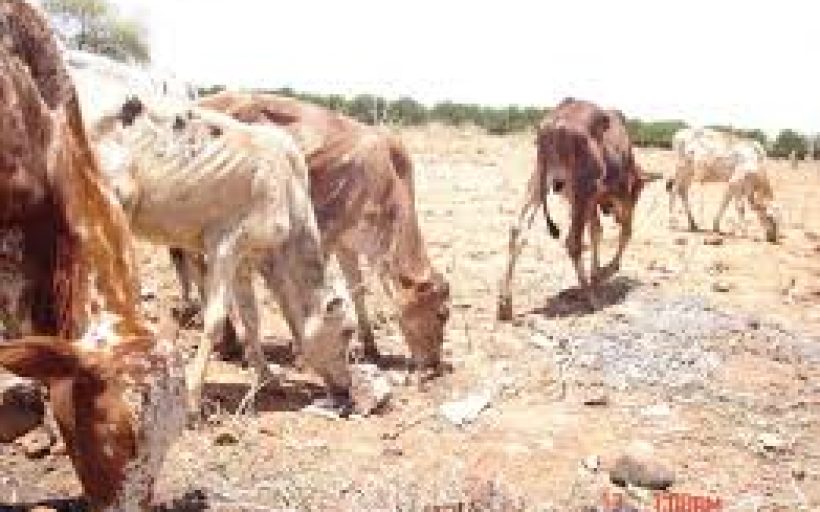
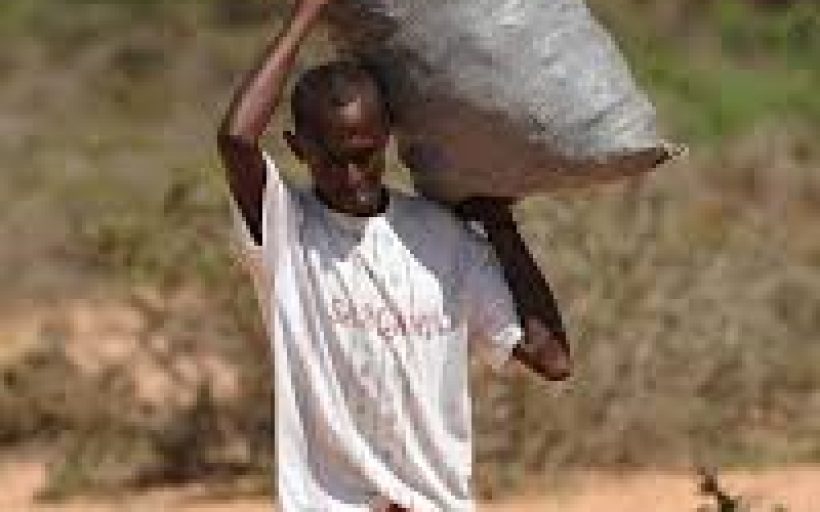
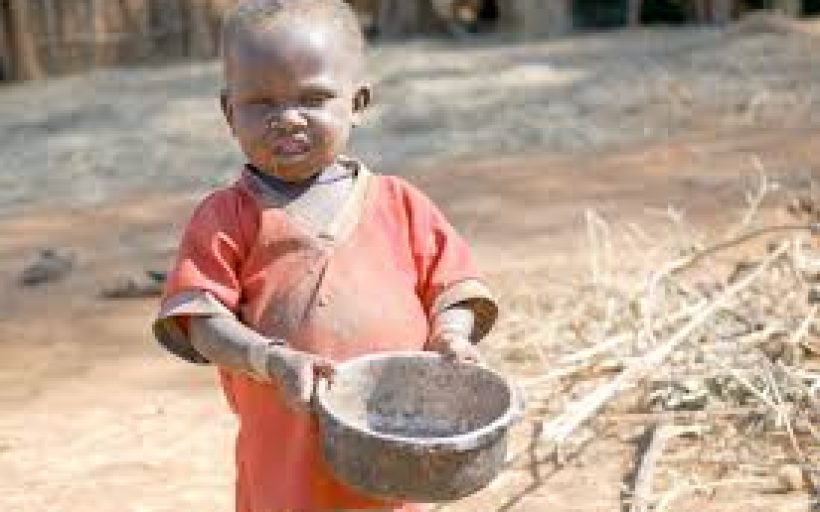
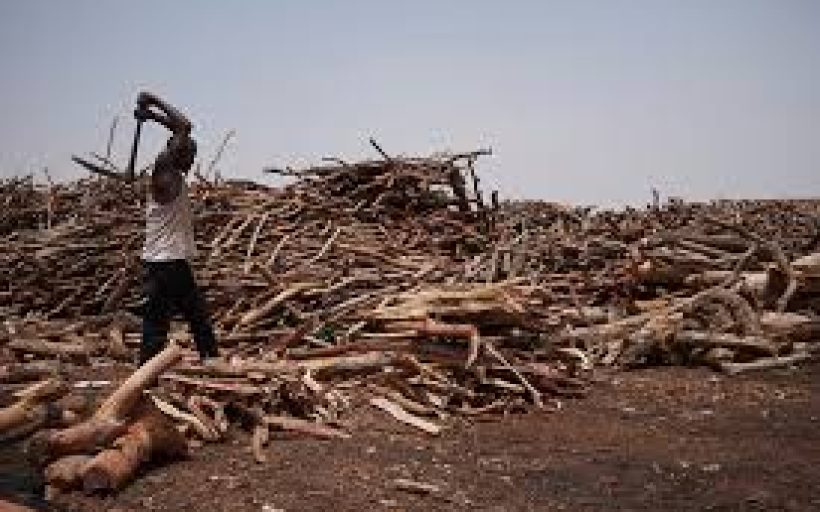

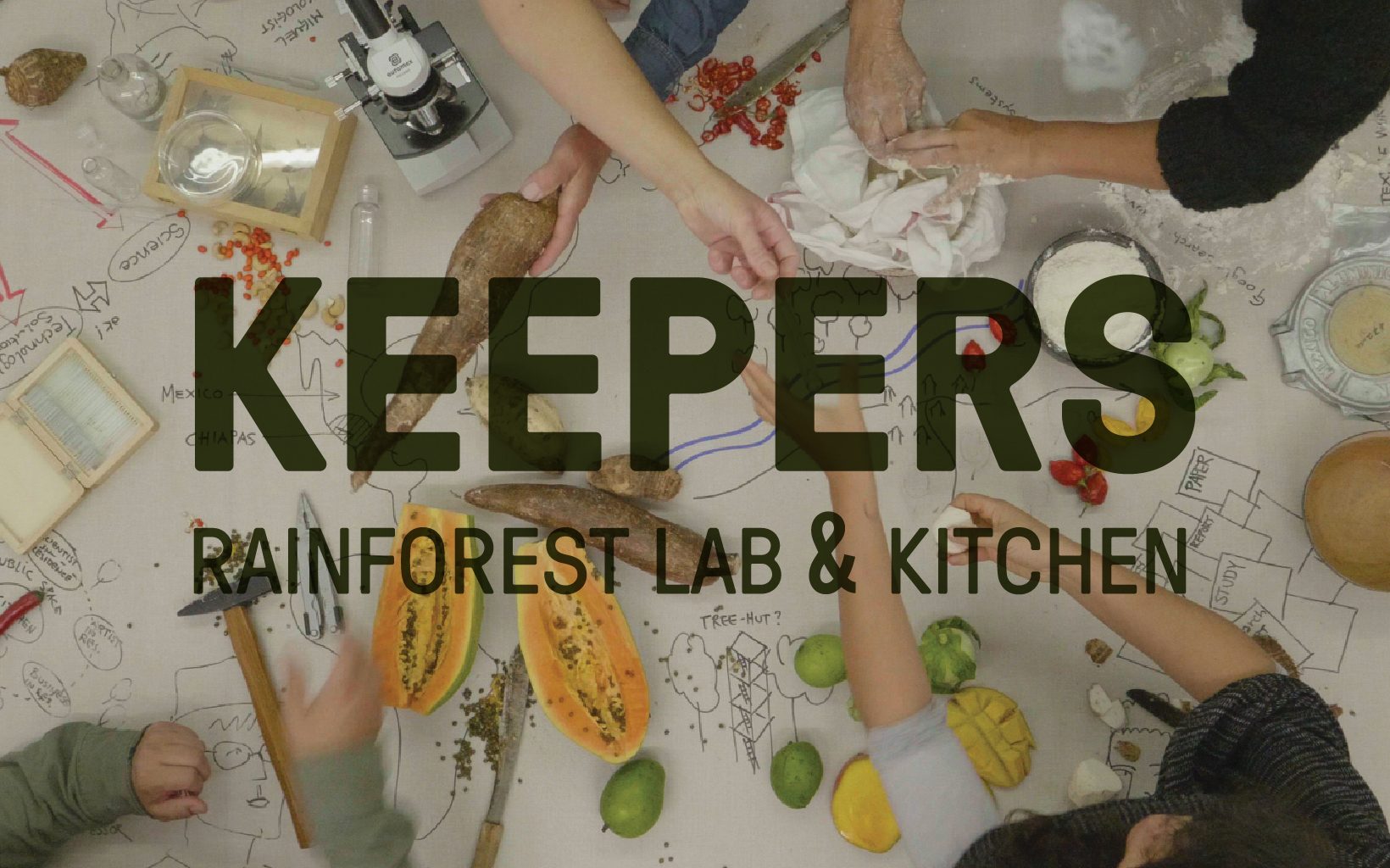
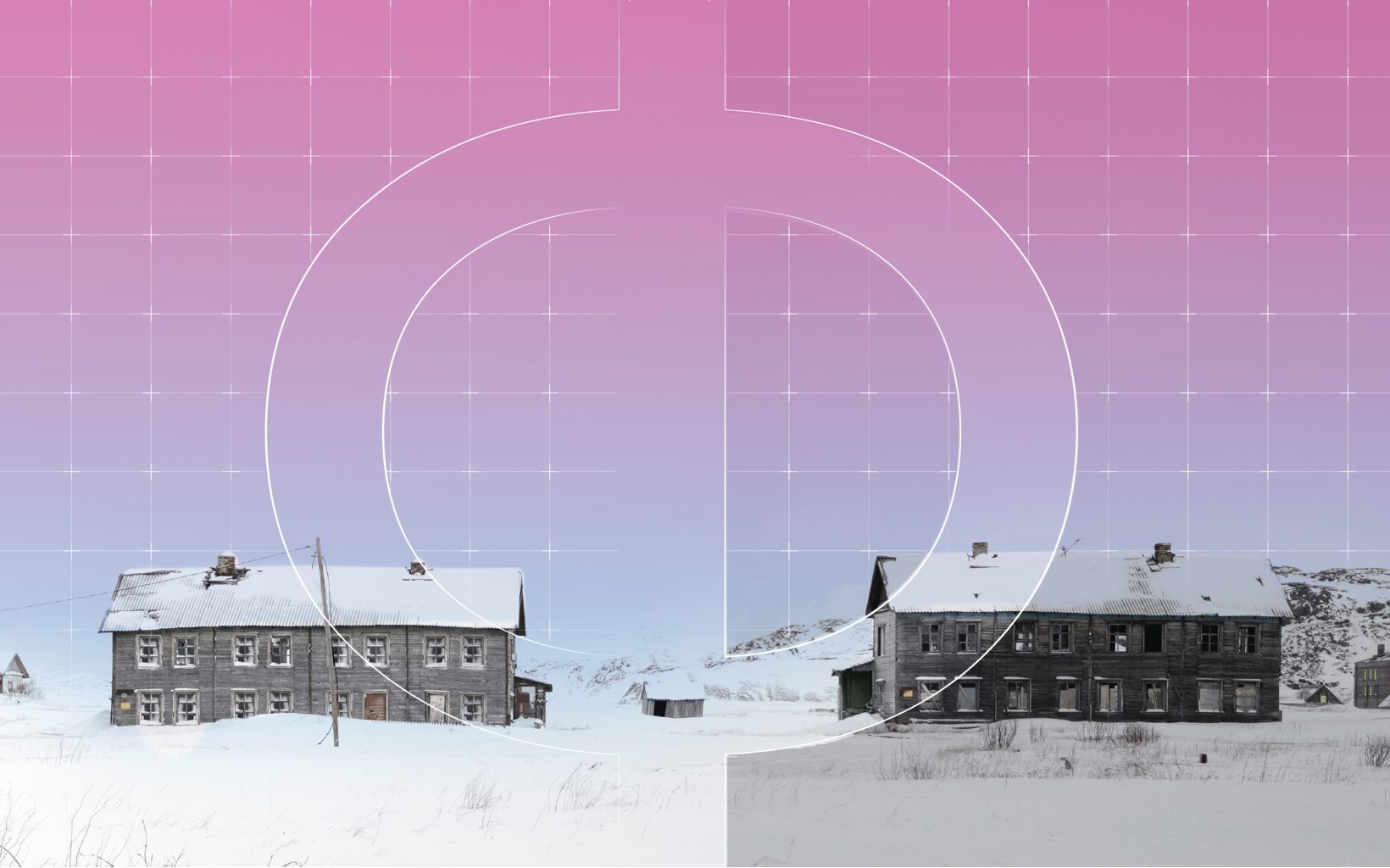
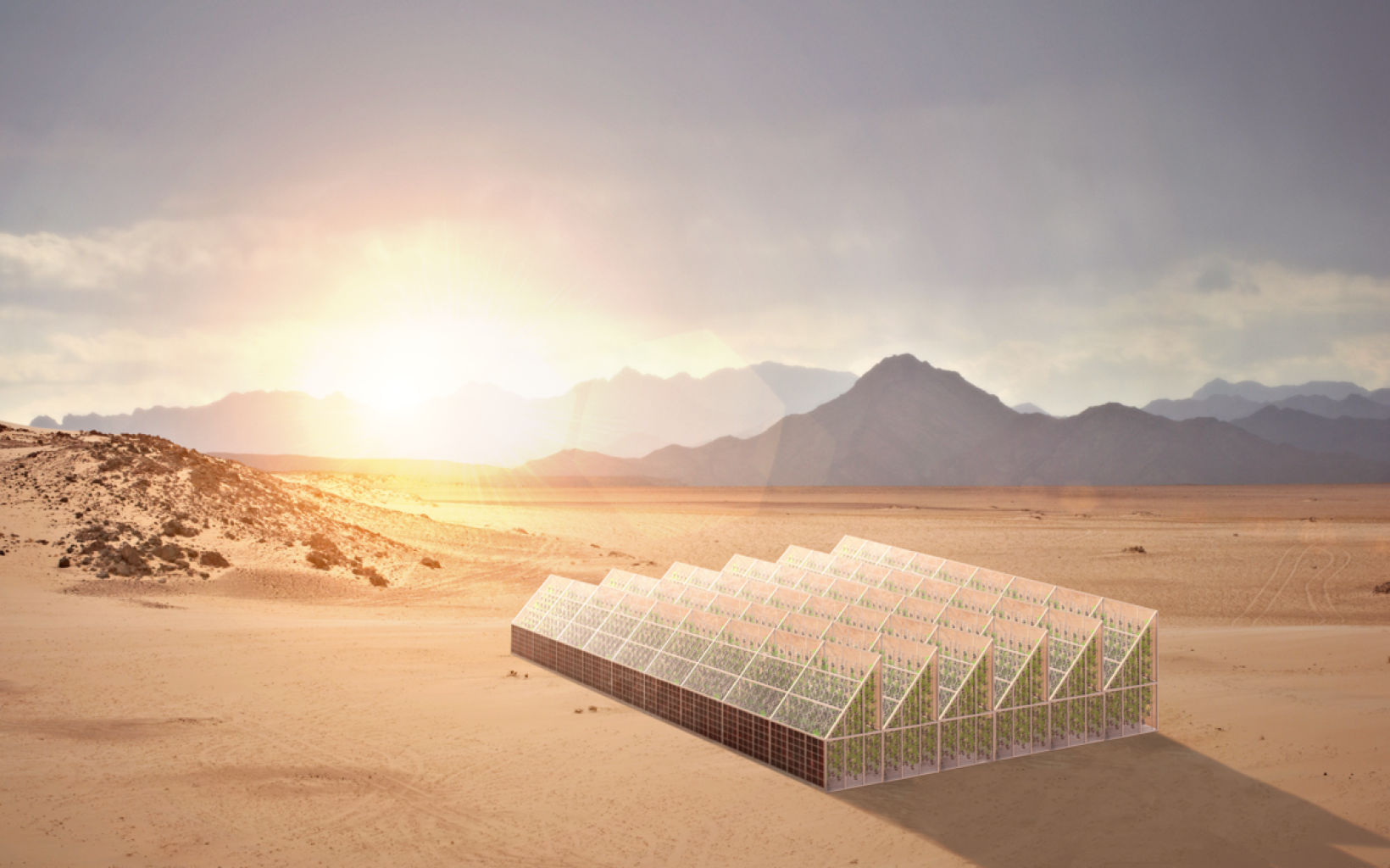
Share on social media.
Facebook
Twitter
LinkedIn
Mail